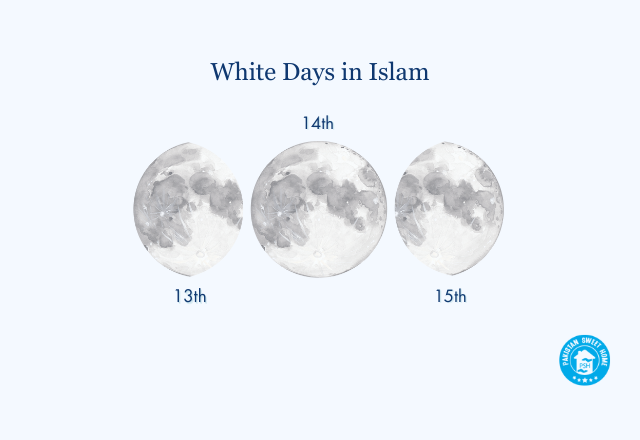
- DONATE
- SPONSOR A CHILD
- Zakat calculator
- SIGN IN
-
- About Us
- FAQ's
- Contact
- Get Involved
- Admissions
- Sign In
- SPONSOR A CHILD ZAKAT CALCULATOR DONATE
-
info@pakistansweethome.org.pk
(051) 4865856
+92 335 1118477

6 min read
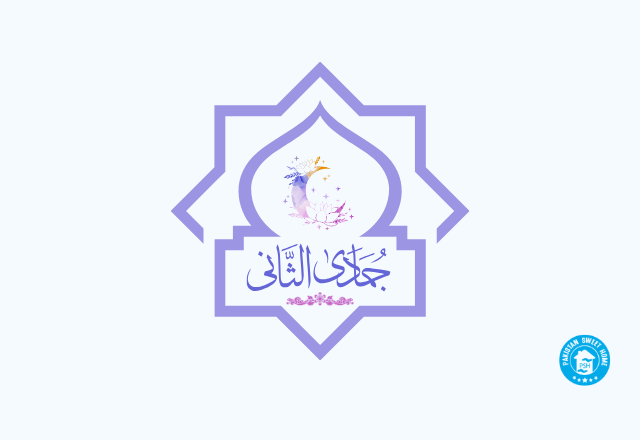
Jumada al-Thani, also known as Jumada al-Aakhira, is the sixth month of the Islamic calendar.
It comes between Jumada al-Awwal and Rajab. The Islamic Hijri calendar follows a lunar system, meaning each month begins with the sighting of the new crescent moon. Since the lunar year is about 11 to 12 days shorter than the solar year, Jumada al-thani shifts through different seasons over time.
Let’s Explore the meaning and historical key events of Jumada al-Thani:
In pre-Islamic Arabia, it was customary for people to name months based on the seasons they fell in. They often named these months after the prevailing weather conditions or activities that occurred during that time.
For instance, in some contexts, Jumada translates to ‘parched or dry land without rain’ and can also mean ‘to freeze’.
The term ‘al-Thani’ means ‘the second’ and ‘the Akhira’ means the last. Thus, in pre-Islamic tradition, Jumada al-Thani was the second dry month, just like Rabi al-Thani was the second spring month. And so, Jumada al-Akhira means 'the end of the dry season.'
These names reflect the traditional observation that this month typically coincided with dry land. This was a result of hot weather and insufficient water or rainfall.
Jumada al-Thani or Jumada al-Akhirah will commence on December 2, 2024, following Jumada al-Awwal. This may vary slightly depending on the moon sighting.
The following are the historical key events of Jumada al-Thani:
It is commonly believed that on the 20th of Jumada al-Thani in 605 A.D. Fatimah al-Zahra was born.
She (R.A) daughter of Prophet Muhammad (PBUH) and his first wife, Khadijah (R.A.). This birth holds a special place in Islamic history. However, there is some debate regarding the exact year of her birth.
Some sources say Fatima al-Zahra was born five years before Prophet Muhammad (PBUH) received his first revelation. Others argue that her birth occurred five or more years after He (PBUH) was bestowed with prophethood.
Al-Miswar bin Makhrama narrated that Allah's Messenger (PBUH) said:
"Fatima is a part of me, and he who makes her angry, makes me angry."
(Sahih al-Bukhari: 3714)
This month marks the passing of the Rightly Guided Caliph Abu Bakr Al-Siddiq. He (R.A.) died on Monday night, 22 Jumada al-Akhirah, in the year 13 AH at the age of 63. Abu Bakr (R.A.) was a prominent figure in history, embodying many noble qualities and virtues.
He (R.A.) played a crucial role in spreading the message of the Prophet Muhammad (PBUH). He was also the first man to embrace Islam when the Messenger presented it to him.
Abu Bakr (R.A.) was known as Al-Siddiq due to his unwavering faith in the Prophet (PBUH), in all matters. Abu Bakr (R.A.) earned the honor of standing by the Prophet in all aspects of the mission. He (R.A.) was the companion of the Prophet (PBUH) during the migration and in the cave of Thawr.
Amr bin Al-As narrated that the Messenger of Allah (PBUH) appointed him as the leader of the army of Dhatis-Salasil. He said:
"So I went to him and said:
'O Messenger of Allah! Who is the most beloved to you among the people?' He said: ''Aishah.' I said: 'From the men?' He said: 'Her father.'"
(Jami at-Tirmidhi: 3885)
He (R.A.) also accompanied the Prophet (PBUH) during all his conquests. He (R.A.) is among the first ten who were given the glad tidings of Paradise.
He (R.A.) was the first to affirm the truth of the Prophet’s message on the day of his passing, may God's blessings and peace be upon him. He (R.A.) was the father of Aisha (R.A.) and was the first of the Rightly Guided Caliphs.
Abu Bakr (R.A.) quelled the sedition of apostasy, as well as those who refused to pay Zakat. He (R.A.) helped spread Islam through many conquests and was known for his kindness and important contributions to the way of Allah.
On the authority of Muhammad bin Saad, Abu Bakr (R.A.) passed away on the night of Tuesday. This occurred with eight days remaining in Jumada al-Akhirah, in year thirteen. The morning following Abu Bakr Al-Siddiq's death, Umar Ibn Al-Khattab (R.A.) took charge.
The Prophet Muhammad, may God’s prayers and peace be upon him, referred to him as Abu Hafs and Al-Faruq. Born four years before the Fajr War, he embraced Islam at the age of twenty-six.
Narrated 'Uqbah bin 'Amir that the Messenger of Allah (PBUH) said:
"If there was to have a Prophet after me, it would have been 'Umar bin Al-Khattab."
(Jami at-Tirmidhi: 3686)
Umar Ibn Al-Khattab (R.A.) was among the ten who received the glad tidings of Paradise. The Prophet (PBUH) said that whenever Satan saw him walking on a path, he would take a different one.
After the passing of the Messenger of God (PBUH), Umar pledged allegiance to Abu Bakr (R.A). Subsequently, the Muhajireen pledged allegiance to him, followed by all the Ansar.
When Abu Bakr Al-Siddiq (R.A.) sensed that his death was imminent, he gathered the people around him. He (R.A.) took their pledge of loyalty for Umar bin Al-Khattab (R.A.) to succeed him as caliph. Abu Bakr (R.A.) instructed Uthman (R.A.) to draft the covenant for Umar Ibn Al-Khattab.
The full name of Abu Salamah was Abdullah bin Abd al-Assad al-Makhzoumi. He (R.A.) passed away in Jumada al-Akhirah, 4 AH. He was one of the earliest companions during the formative years of Islam.
He (R.A.) participated in both migrations to Abyssinia and later to Medina. The Messenger of Allah (PBUH) established a bond of brotherhood between him and Saad bin Khaithama Al-Ansari (R.A.).
Abu Salamah (R.A.) was married to Umm Salamah (R.A.). After his death, Prophet (PBUH), married her, making her one of the mothers of the believers.
In Jumada al-Akhirah of 629 A.D., the Campaign of Dhatas Salasil occurred. This campaign occurred after the Battle of Mu’tah when it was reported that tribes supporting the Ghassanids were planning to attack Medina.
In response, Prophet Muhammad (PBUH) sent 300 men and 30 horses on the mission, with Amr ibn al-As in charge of the army.
Upon reaching Salaasil, the Muslims encountered the enemy and discovered they were outnumbered. They sent a message back to Prophet Muhammad (PBUH) requesting additional troops.
In response, another 200 soldiers were sent. Under the cover of the night, the Muslims launched a surprise attack and achieved victory despite facing a much larger enemy force.
The Islamic month of Jumada al-Thani is not specifically designated as a month of worship. However, Allah (PBUH) and His messenger, the Prophet (PBUH), encourage voluntary acts throughout the year. These acts include giving Sadaqah, Sadaqah Jariyah, reciting the Qur’an, seeking forgiveness (istighfar), and performing voluntary prayers.
It is essential to make the most of your time wisely. For a Believer, every moment and each day presents a valuable opportunity to earn rewards and atone for sins through good deeds.
In conclusion, while Jumada al-Awwal does not hold specific worship obligations, its significance lies in the historical events. It serves as a reminder that consistent good deeds, no matter the time of year, are always rewarded by Allah (SWT).
Whether through acts of charity, reciting the Qur'an, or seeking forgiveness, every moment offers an opportunity to draw closer to Him. As believers, our focus should always be on performing these righteous actions regularly, making every month a chance to accumulate rewards.
Pakistan Sweet Home is one of the most comprehensive orphan care institutions in Pakistan, dedicated to transforming the lives of orphaned children. We rebuild the lives of orphans with love, structured guidance, and emotional support. Children are welcomed into a safe and nurturing environment where they’re treated with dignity and compassion.

WRITTEN BY
Ali Raza (Islamic Theology)
Ali Raza holds a Master of Arts in Islamic Studies and is an expert in Islamic theology and jurisprudence. Specializing in Zakat, Sadaqah, and other Islamic donations, Ali's writings provide valuable insights into the religious and ethical aspects of charity. His work for Pakistan Sweet Homes aims to educate and inspire readers to support orphan care and charitable initiatives, making him a key contributor to the organization's mission.
Ali Raza holds a Master of Arts in Islamic Studies and is an expert in Islamic theology and jurisprudence. Specializing in Zakat, Sadaqah, and other Islamic donations, Ali's writings provide valuable insights into the religious and ethical aspects of charity. His work for Pakistan Sweet Homes aims to educate and inspire readers to support orphan care and charitable initiatives, making him a key contributor to the organization's mission.
10 Sunnahs to Follow on the First 10 Days of Dhul Hijjah
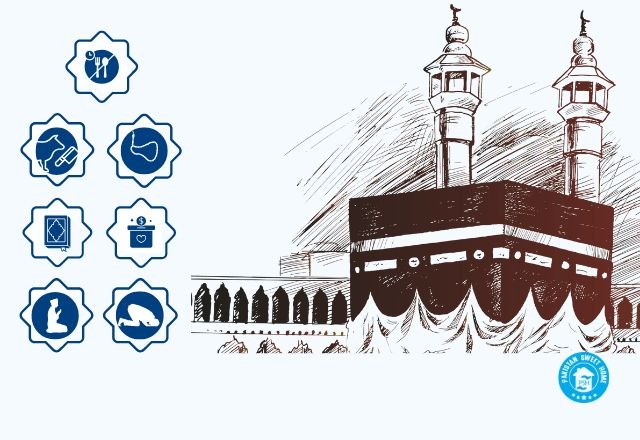
Understanding the Importance of Muharram in Islam
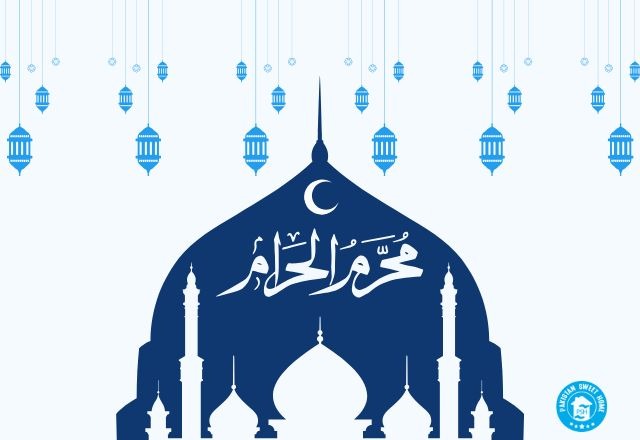
10th Muharram (Day of Ashura): What Is It and Why Is It Important?

1st Muharram: Significance of New Islamic Year
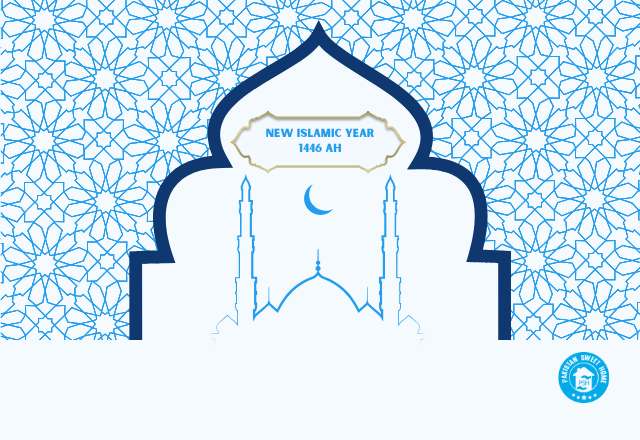
What is Ramadan: A Comprehensive Guide on the Holiest Month
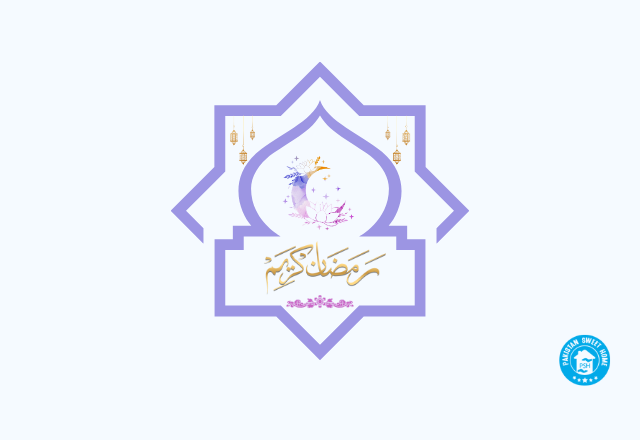
Understanding Rabi al-Awwal: Month of the Prophet's Birth

A Brief History of Ramadan

How to Prepare for Ramadan: Soul, Body and Mind

Suhoor in Islam: A Comprehensive Guide

Iftar in Islam: What It Is, When It Begins, and How to Observe It

How to Maximize Rewards in Last Ten Nights of Ramadan?

The Early Life of Prophet Muhammad (PBUH)

Prophet (PBUH) and Orphans: A Legacy of Mercy

What is Itikaf in Ramadan?
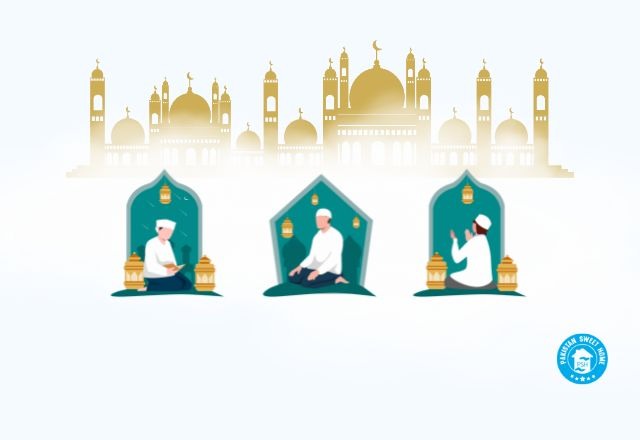
Safar Month: Meaning, History, Superstitions & Key Events
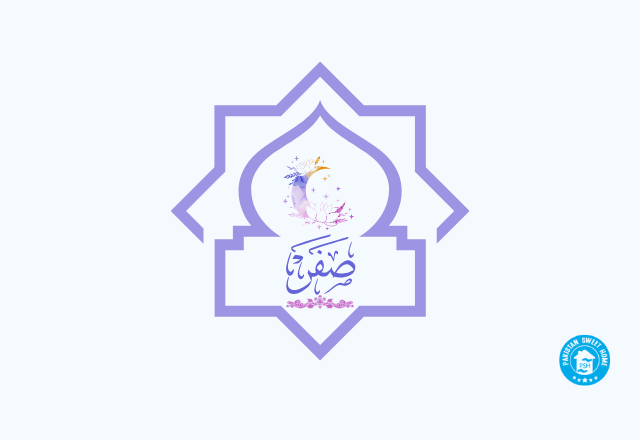
Rabi al-Thani: The Fourth Month of the Islamic Calendar
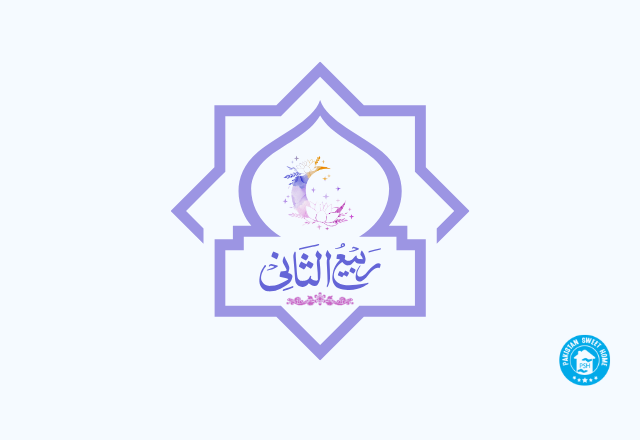
Jumada al-Awwal: The Fifth Islamic Month of Hijri Calendar
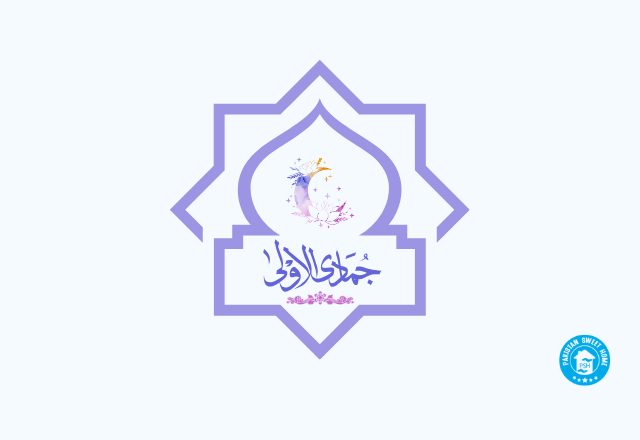
Islamic Month of Rajab: Meaning, Key Events and Innovations
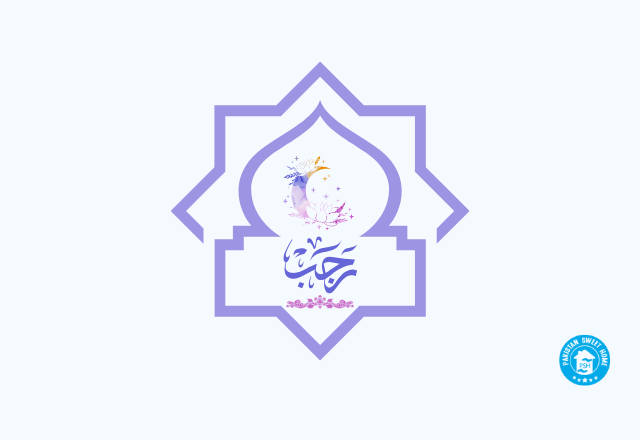
What Happened on the 13 Rajab?
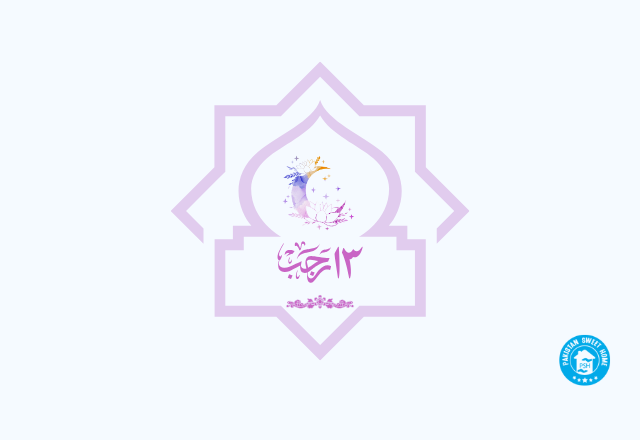
What Happened on the 15 Rajab?
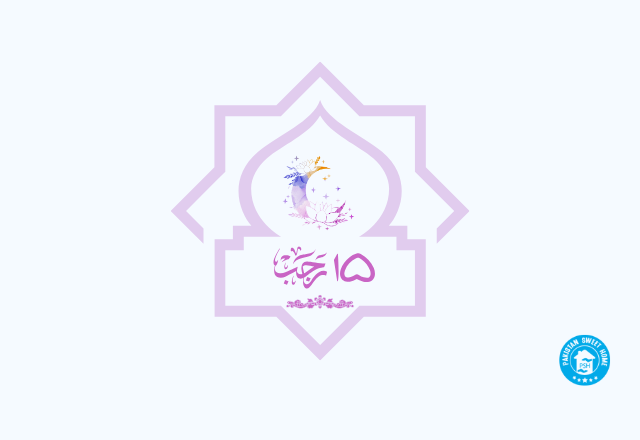
What Happened on 27th Rajab: Exploring Prophetic Night Journey

Shaban: Meaning, Importance, Events, Fasting & Ramadan Prep
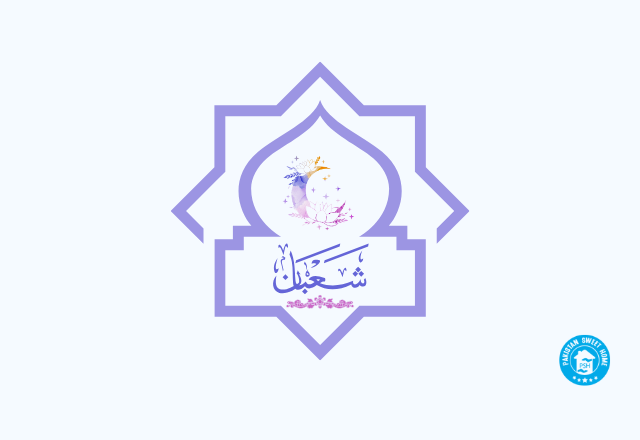
What is Shab e Barat in Islam?
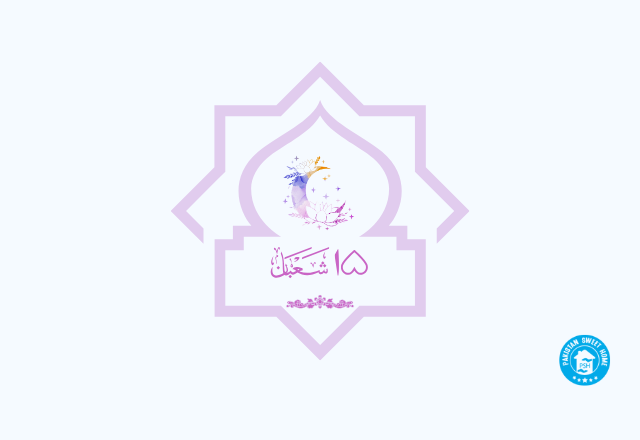
Understanding Ramadan Taraweeh: A Complete Guide

Benefits of Ramadan: From Spiritual Growth to Better Health
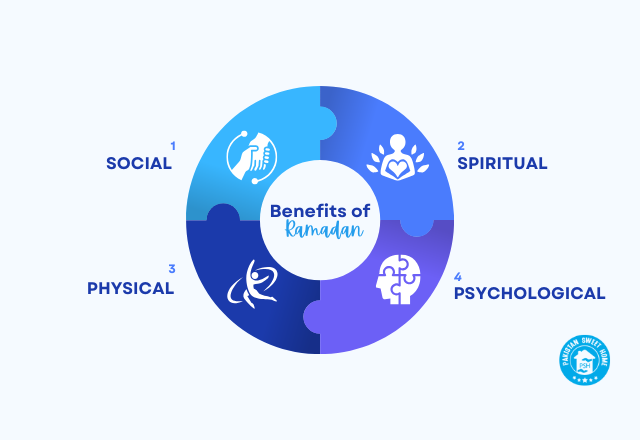
Significance of Ramadan in Quranic Verses
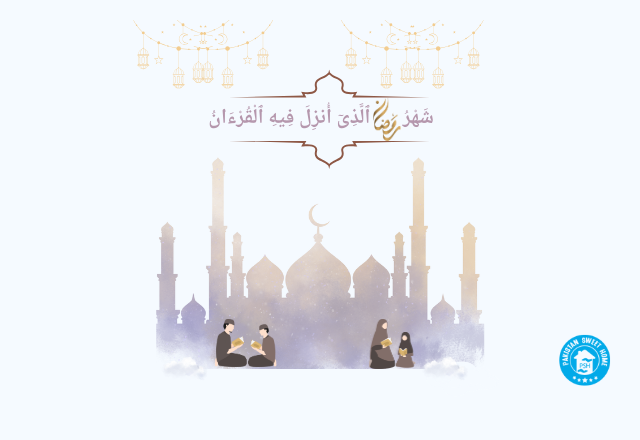
Hadith About Ramadan: A Prophetic Guide on the Month of Fasting
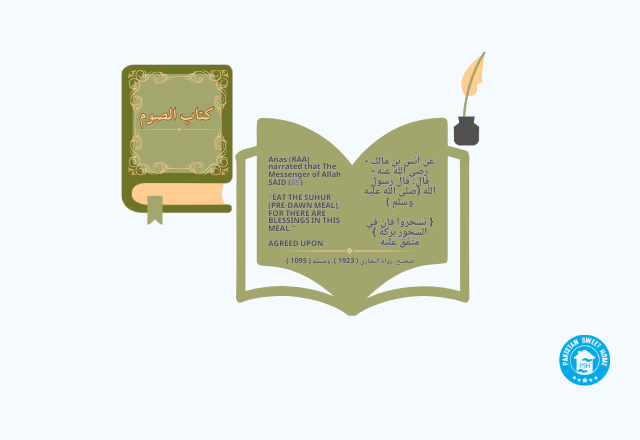
Is There a Specific Dua for Three Ashra of Ramadan?
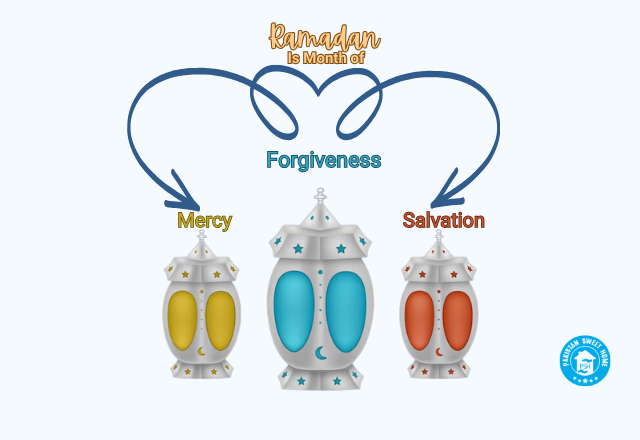
Eid al-Fitr Celebrations: A Three-Day Festival in Islam

Shawwal 2025: Meaning, 6 Fasts, Events, & Concept of Marriage
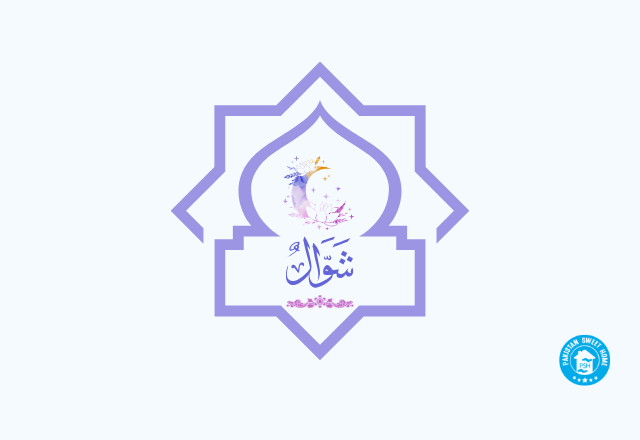
A Complete Guide to 6 Days Fasting of Shawwal
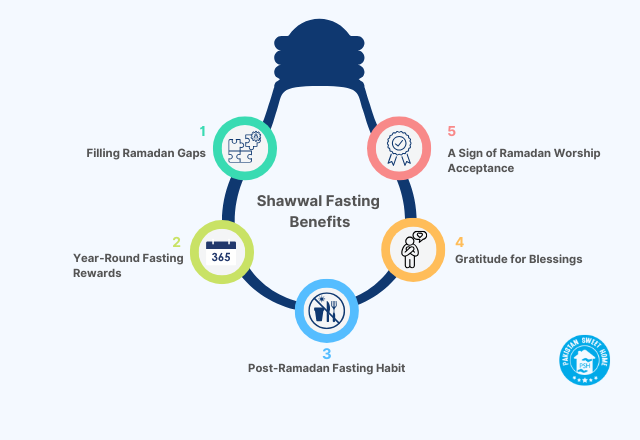
Dhul Qadah 2025: Meaning, Significance, & Historical Key Events
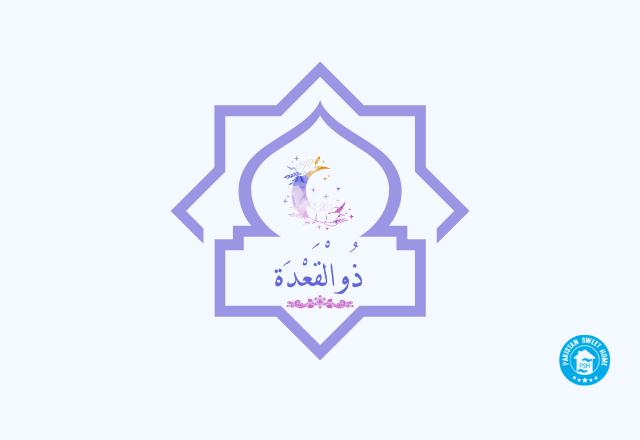
Dhul al-Hijjah: Meaning & Significance of Pilgrimage Month
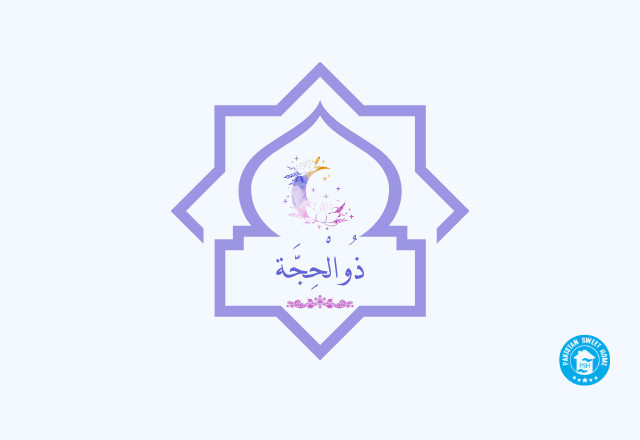
Eid al-Adha Celebrations: The Feast of the Sacrifice
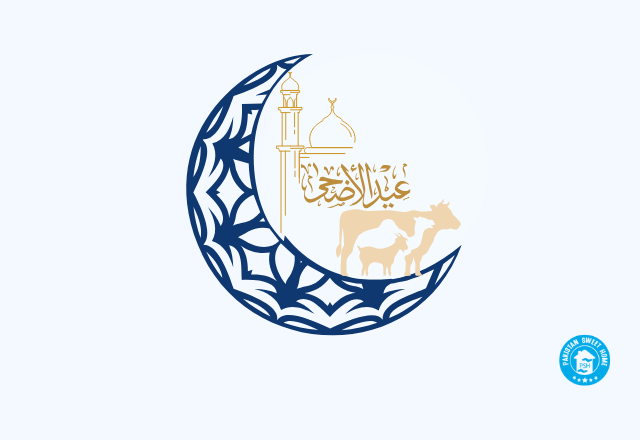
Hajj: A Comprehensive Guide to the Sacred Pilgrimage
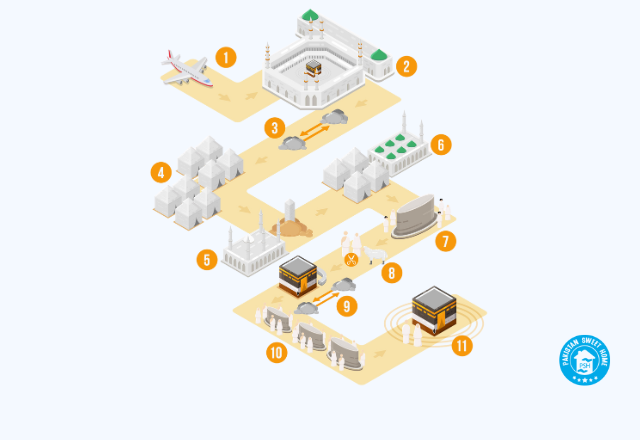
What are the 3 Types of Hajj in Islam?
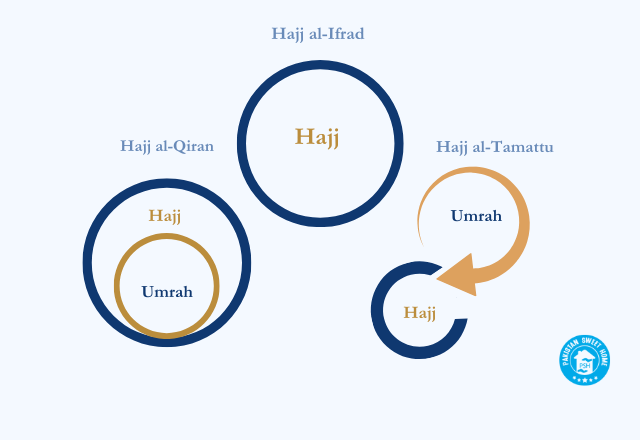
A Complete Guide on the Umrah (Minor Pilgrimage)
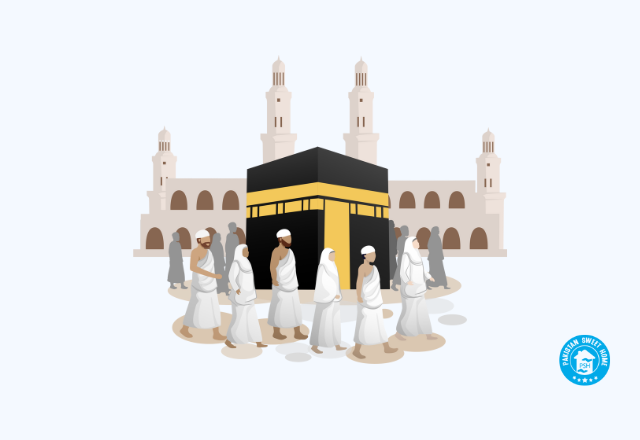
Understanding the Difference between Hajj and Umrah

Three White Days in Islam: 13th to 15th Sunnah Fasting
